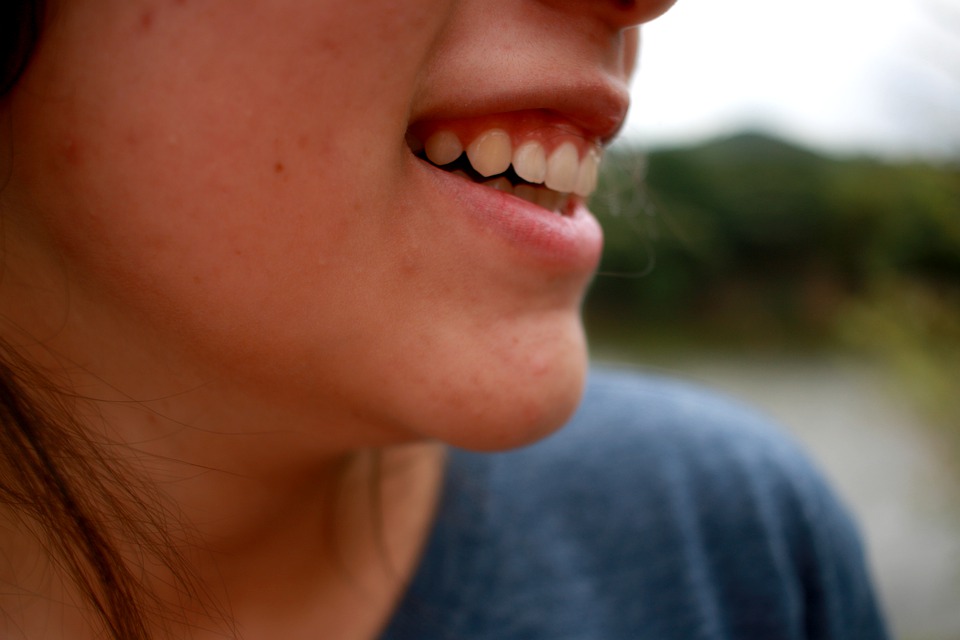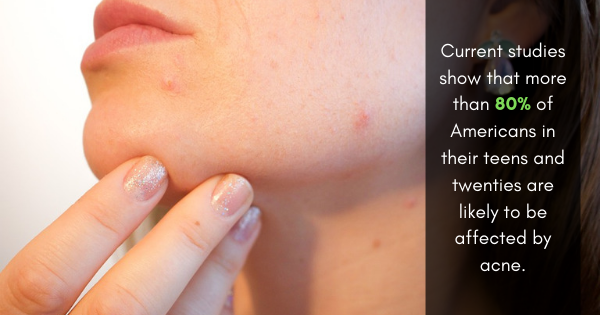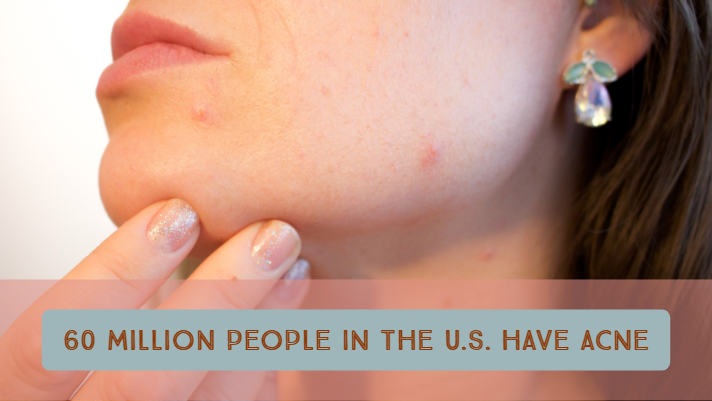
How Perfect Hair Can Cause Imperfect Skin
The thick conditioning products used to maintain healthy hair might be sabotaging your complexion.
When it comes to beauty, having it all takes some work. Acne has often been linked to the hair products we use daily, like shampoo and gel.
Are you trading good skin for good hair? Here’s how you can mitigate these product-related breakouts.
The Problem with Product
Let’s say you have parched roots from dying your hair, and use products chock full of oils and conditioners to counteract that dryness. When those products rinse out onto your face, shoulders, and back, it could spell trouble for your delicate complexion.
Hair products can lead to acne in two ways: first, by clogging pores, and second, by inducing inflammation in the skin. Irritation generally stems from a buildup of chemicals applied to the scalp, but can also be triggered by allergies or overuse of product. Gels, pomades, and mousses tend to be the most triggering.
It’s not just the occasional forehead zit to watch out for, either. In addition to causing acne on the hairline, shampoo is often the culprit of pimples on the upper back, chest, and shoulders.
What to Watch Out For
While each person reacts differently to products, certain ingredients are more frequently linked to acne.
The biggest offender? Smoothing serums and masks that contain silicone and petroleum. These oily ingredients trap the most bacteria, therefore creating perfect breeding grounds for acne. In addition, sodium lauryl sulfate and ammonium lauryl sulfate — the lathering ingredients in shampoo — can lead to body acne.
It’s not just the synthetic, oily substances to watch out for. Even all-natural ingredients like coconut oil and cream-based products can cause acne.
Avoiding Acne
Don’t be discouraged: it’s certainly possible to achieve good skin and hair, but some experimenting may be required. First, pay attention to where your acne is cropping up. If it’s on your back, consider switching to a different conditioner, or use a fragrance and color-free shampoo.
In addition to trying new products, altering your beauty routine can also have a positive effect. For example, apply conditioner a few inches away from your scalp. Once out of the shower, reduce contact between hair and skin. Avoid touching your hair, since you can unwittingly transfer product residue to your skin. Finally, don’t forget this trick: when sleeping, tie up your hair so it avoids touching your face. If acne persists, invest in silk pillowcases and sleep with your hair wrapped in a scarf.
What you don’t know can hurt you. When it comes to detrimental hair products (and beyond), a licensed dermatologist can help you on your way to clearer skin.









No Comments
Sorry, the comment form is closed at this time.